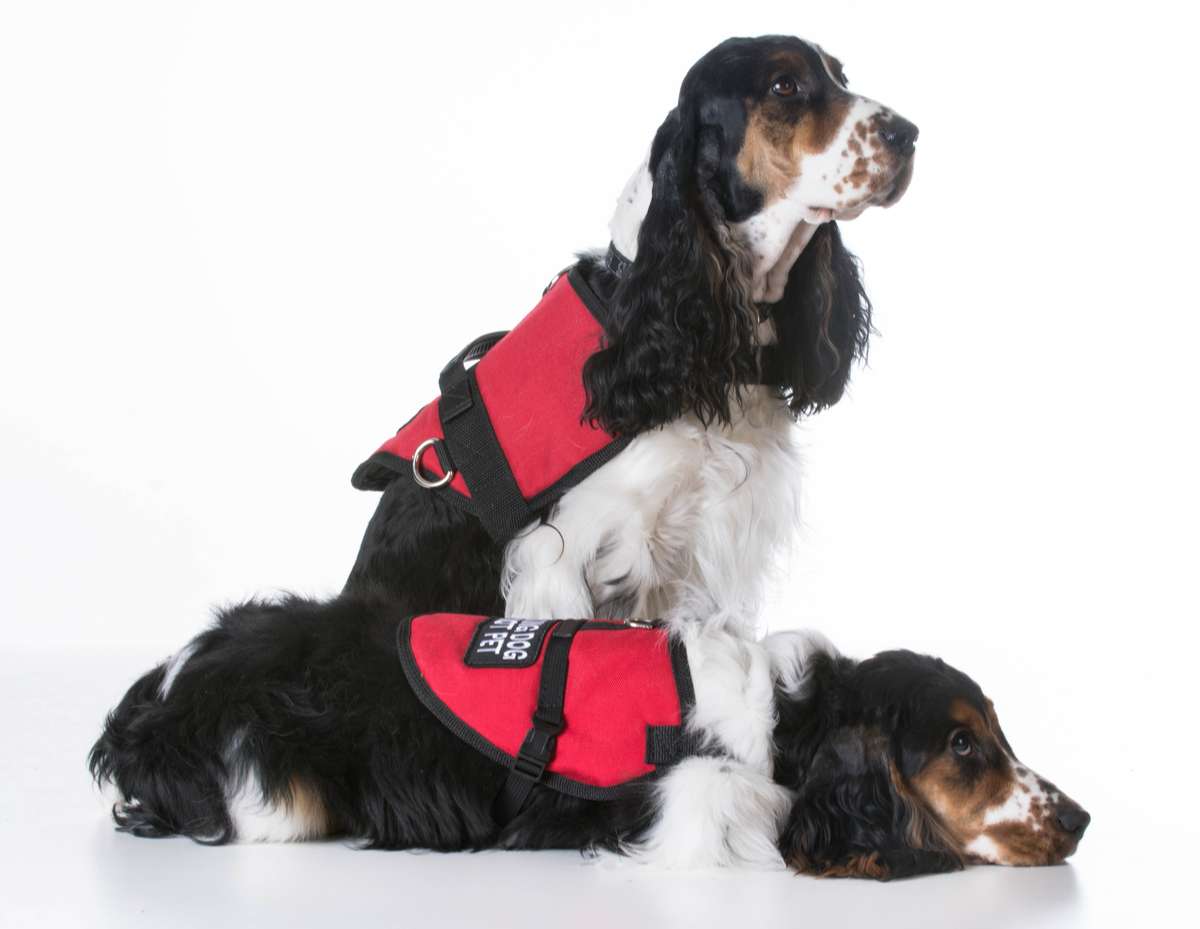Many landlords are reluctant to allow pets in their Atlanta rental properties. They fear that tenants will not take care of the property and their animals or pets make too much noise. However, most pet owners can be great tenants!
When choosing to allow pets, there is a right way to manage your property to avoid problems and maximize income. Read on for some helpful tips from our Atlanta, GA property management team when considering pet-friendly rental properties.
Why Pets Are a Good Idea
If you're struggling to find (and keep) good tenants, it's time to consider offering pet-friendly rentals. Pet owners are often excellent residents because it's tough to find rental homes that allow pets! These tenants take good care of their animals and your property while following the rules.
Pet owners are often more likely to renew their lease rather than risk not finding a new home that allows them to bring their animals. If you want more quality, loyal, long-term renters in your rental properties, consider allowing pets!
In many cases, landlords can also justify higher rental rates for pet-friendly properties. Charging a pet deposit is also common, but make sure that deposit only applies to property damage caused by pets, if needed. So, if better, long-term tenants and more rental income sound good to you, let's talk next about how to set up pet policies that protect your rentals and minimize concerns about letting animals into a home.
The Right Pet Policies Protect Landlords
A pet policy is a landlord's chance to set the rules for animal owners living in their Atlanta rental properties and protect themselves from damage. It's smart to set up these policies before someone moves in, so everyone knows what to expect!
To make sure your tenants are following lease terms, you'll want clear pet policies, including:
- Allowed animals (and species)
- Pet requirements, including weight limits
- Pet fees or a deposit
- Who pays for damages if any occurs
- Rules for cleaning up after pets and noise control
- Penalties for violating the rules with an animal on the property
Use these criteria to implement a screening process for pets (along with your tenant screening process).
Clear communication around expectations will ensure that both parties know exactly where they stand, so there are no surprises later on down the road. If you don't want pets in your properties, the lease agreement should clearly state that, as well. A "no pet" policy should be clearly defined, including penalties for bringing an unauthorized animal into your real estate investment property.
An Addendum Is Ideal Mid-Lease
What happens if your current resident wants to get a cat? If you know they're a good resident and you're open to having a cat in the home, create a pet addendum to the existing lease. Property managers recommend making sure it covers everything mentioned above and enforce these new rules with your renter.
What About Emotional Support Animals?
Emotional support animals (ESAs) are an exception to traditional rules about pets in Atlanta rental properties. These emotional support animals must be allowed by landlords if the tenant needs them and requests one. This is a federal law under the Federal Housing Rights Act (FHRA), and rental property owners must comply with these regulations.
When a renter requests an ESA or service animal, be careful about how you work with the tenant to determine if their need is legitimate. Landlords must be careful when asking for proof of disability or emotional need, nor can they charge extra fees because these emotional assistance animals are not considered pets. Make sure you understand the Americans With Disabilities Act (ADA) and how it applies to service animals in rental homes.
Property Managers Can Help
Whether you allow pets in your properties or not, working with a property management company can help you navigate a tenant's request for an emotional support animal.
In most cases, an ESA or a service animal is well-behaved and trained to help your resident throughout the day. They don't often misbehave or create issues with neighbors or other tenants. However, if they do, work with your renter to address issues that disturb others or leave your property with animal messes or damage.
Tenants with service animals must still pick up after the animals. They're also responsible for damage caused by the animal if it happens.
Pet-Friendly Properties Are Smart With Expert Atlanta Property Management!
The benefits of allowing pets in your rentals are plentiful! However, landlords need to take precautions when considering tenants with pets. Implementing clear and concise policy guidelines means you'll have less risk associated with tenants who want to bring their animal friends along for the ride.
An Atlanta property management company can help you create these policies and an addendum or amendment to your lease agreement, so everyone is on board before moving forward with pet-friendly properties. Compass Property Management helps landlords put the right policies and screening in place for excellent experiences with pet-owning tenants! If you're thinking about offering animal-friendly rentals, reach to talk about how we can help.
What do landlords need for a thorough screening process? Find out when you download our free Tenant Screening Checklist. 

